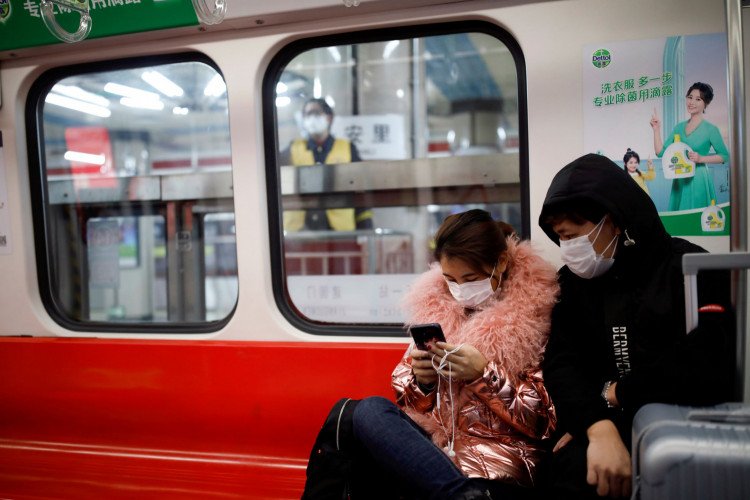The year of the metal rat, which officially began January 25, was supposed to have been a "year of renewal" for China after a terrible 2019.
It raised hopes China would begin a strong recovery from 2019, a year that saw the country's GDP plunge to 6.1%, its slowest rate of economic growth since 1990. China was also severely buffeted by Trump's trade war, which hit its balance of trade towards the end of the year.
There was also the hope the phase one deal with the United States signed January 15 would help regain growth by mitigating the more damaging effects of Trump's trade war. Another source of optimism is the fiscal stimulus doled out over the last several months to help China withstand Trump's trade war.
Instead of these glad tidings, however, what China got is the raging Wuhan coronavirus outbreak, which this early is being projected to shave-off one percent from China's GDP this year. Chinese president Xi Jinping has described the coronavirus as a "demon virus."
British multinational investment bank Barclays Investment Bank expects the outbreak (officially called the Novel coronavirus 2019-nCoV) will slash China's first quarter GDP by by 0.2% as holiday travel and spending stands to be severely reduced. China's stock markets have been in retreat since the Wuhan coronavirus spooked investors since the start of January.
It's also not helping investor confidence that Guan Yi, a virologist who helped identify severe acute respiratory syndrome (SARS) in 2003, is saying the spread of 2019-nCoV "could be 10 times bigger than the SARS epidemic because that virus was transmitted by only a few super spreaders in a more defined part of the country."
If 2019-nCoV turns into something similar to the SARS outbreak of 2003, it might reduce China's real GDP growth in 2020 by half a percentage point for the year, taking the official growth number to under 5.5% for the first time ever, estimates Agathe Demarais, Global Forecasting Director of The Economist Intelligence Unit.
If Chinese GDP growth falls by one percentage point, an initial assessment shows that global growth in 2020 will be reduced by around two percentage points.
"We are trying to get away from over extrapolating the impact on the markets right now," said Michael Reynolds, investment strategy officer at Glenmede, a privately held investment and wealth management firm based in Pennsylvania.
"Unless the virus spreads and things get really bad, then it shouldn't be dominating anyone's investment decisions at the moment," he claims.






